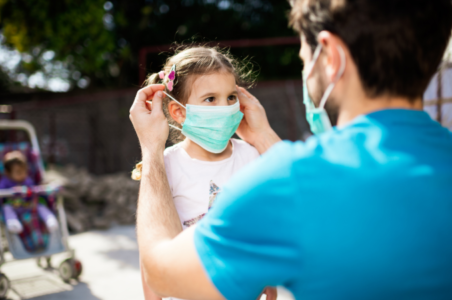Examining the implications of existing laws on adoption eligibility in the context of societal norms and family structures.
On May 9, 2022, Singapore’s Parliament completed the readings for the Adoption of Children Act 2022. The Ministry of Social and Family Development reports an average of 400 adoption applications each year, with over 90% being successful. Adoption serves as a vital social institution, addressing issues of neglect and abuse while providing loving homes for children in need.
In Singapore, the nuclear family is emphasized as a primary social institution, shaping social policies around its structure. While these policies reinforce the significance of the nuclear family, they often marginalize other family forms.
The statutory laws governing adoption in Singapore date back to 1939. Despite several amendments, the original framework struggles to address the complexities of contemporary adoption scenarios. The Adoption of Children Act 2022 aims to modernize these guidelines, implementing stricter eligibility criteria for prospective adoptive parents.
Yet, even well-intentioned policies focused on child welfare can perpetuate discrimination against potential foster parents.
The Shadow of Section 377A
Throughout his address, Social and Family Development Minister Mr. Masagos clearly outlined the bill’s support for prospective parents while delineating who is excluded from adopting. His speech concluded with the disappointing acknowledgment that same-sex couples are still barred from adoption in Singapore.
“This is because Singapore’s marriage law only allows a man and a woman to marry each other,” Mr. Masagos stated, emphasizing that current adoption laws do not recognize same-sex family formations.
In February 2022, Singapore’s Court of Appeal dismissed challenges to Section 377A, which criminalizes consensual same-sex relations. The Chief Justice noted that the section remains due to society’s hesitance to embrace diverse views on homosexuality. Although described as unenforceable, the implications of Section 377A continue to reverberate throughout the LGBTQ+ community, influencing laws like the new adoption act.
Perpetuating Discrimination
The repercussions of maintaining Section 377A were anticipated. In response to the Court’s decision, Pink Dot SG expressed that the unenforceability of the statute provides little solace, as its true impact is felt in ongoing discrimination across various life aspects—home, education, work, media, and access to essential services.
Unlike the nuanced distinction made by Mr. Masagos, Section 377A blurs the lines between public morality and the reinforcement of traditional family structures. The law helps define what constitutes a “normal” family, further marginalizing those that do not conform.
In Parliament, Mr. Masagos elaborated on the eligibility criteria for adoption under the new act, reiterating the government’s public policy stance against promoting single parenthood as a lifestyle choice, thus sidelining various family types.
This exclusionary language fosters discrimination against single-parent households, perceived as products of unfortunate circumstances or symbols of moral decline. Beyond the challenges of maintaining a “normal” household, single parents also face societal stigma.
By prioritizing marriage-based parenthood, the act not only supports nuclear families but also disregards other family configurations that could provide nurturing homes.
Messages from the Debate
This binary between endorsing parenthood and finding suitable homes for children ultimately undermines the very objective of the act—supporting the welfare of children.
Research shows that children raised by same-sex parents fare as well as those raised by heterosexual couples. Yet, the debate surrounding the new act suggests that some parenting styles are deemed superior to others.
The need to conform to public morality restricts the number of capable couples willing to adopt children in Singapore. If this rationale is justified for denying children loving homes based on sexual orientation, can it truly be a valid basis for decisions impacting children’s welfare?
A Way Forward?
The 2022 Act must reassess its balance between societal values and prioritizing children’s welfare. By disqualifying same-sex couples and certain individuals from adoption, the new legislation forces them to navigate a confusing legal landscape while also failing to clarify its true stance on family support.
Policies that reconcile the unenforceability of Section 377A with the need to reflect societal views can better serve children’s welfare. For instance, allowing joint guardianship for same-sex couples could be a step in the right direction.
Ironically, the modernization of the adoption act is tethered to Section 377A—a law established concurrently with the original adoption bill. To genuinely prioritize the welfare of children, society must provide opportunities for good homes, regardless of the sexual orientation of the parents.
Ultimately, we must ask ourselves if we are willing to compromise progress towards an inclusive and equitable society due to arbitrary definitions of family we have constructed in the present.
[Editor’s Note: Edits have been made to this piece to reflect the accuracy of current government policies regarding the formation of same-sex families through adoption processes.]








